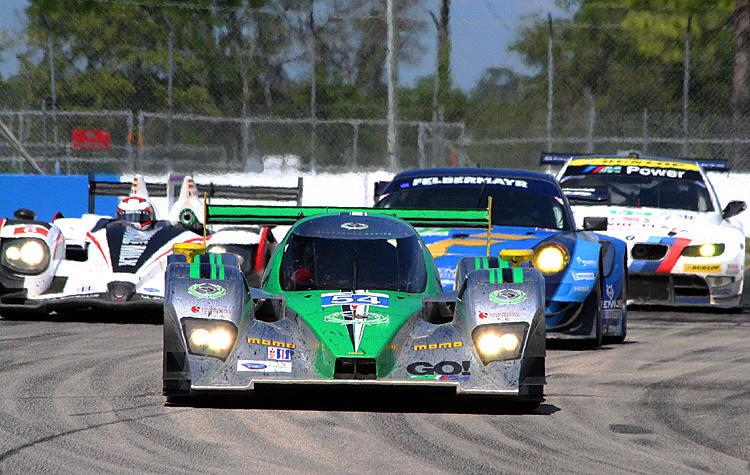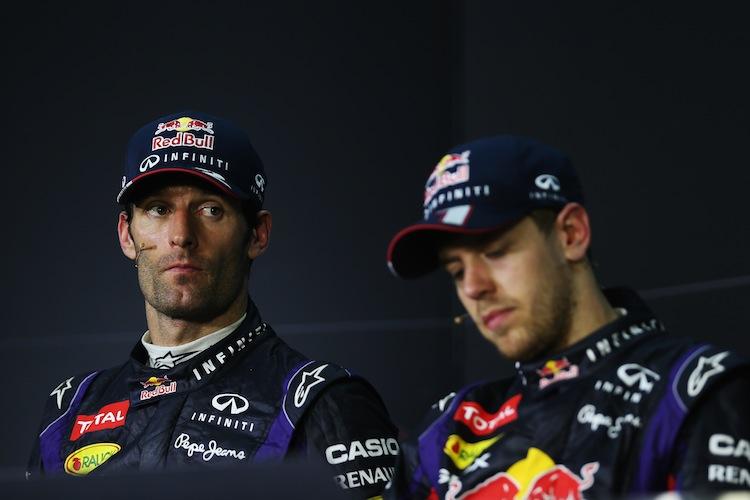Grand Am Road Racing and the American Le Mans Series officially announced the merger of the two series Wednesday at Daytona International Speedway. Nothing was announced which hadn’t already been leaked to the press previously—less in fact.
Present at the press conference were Grand-Am Founder Jim France, ALSM Founder Dr. Don Panoz, ALMS President and CEO Scott Atherton, and Grand Am President and CEO Ed Bennett. These four will sit on the board of the new series.
While it was called a merger, in fact Grand Am, which is owned by NASCAR, bought ALMS, ALMS sanctioning body International Motor Sports Association, the Road Atlanta racetrack, and the lease to operate Sebring International Raceway. This purchase gives NASCAR control of all top-tier stock car, sports car, and motorcycle road-racing in North America.
“This merger will blend the best assets and attributes of each organization in terms of technical rules, officiating, marketing, communications, personnel, scheduling and broadcasting,” Atherton told the press. “The result will be one of the strongest, most competitive and powerful motorsports marketing platforms in the world.”
The two series will operate separately until 2014, when the new series will start racing.
Important Issues Ignored
The merger of two very different sports car organizations, with mutually exclusive operating philosophies, raises many crucial questions, none of which were answered at the press conference.
NASCAR strongly favors series featuring identical vehicles, with little or no development and innovation allowed. ALMS welcomed outside-the-box thinking, engineering innovation, and technological advancement. None of these core ALMS ideas were mentioned at all in the press conference.
These philosophical differences are extremely important. While ALMS was managed badly and under-capitalized, it attracted a very interested fan base knowledgeable about the history of the sport and excited by the high-tech cars. “The cars are the stars,” was the slogan which best summed up the appeal of ALMS.
Grand Am was well managed but never attracted many fans with its emphasis on identical, low-tech vehicles and on promoting the drivers as stars. While this formula has worked excellently with NASCAR stock cars, it failed horribly with Grand Am. These fundamental differences between the two series were not addressed at the press conference.
Nothing serious was said regarding the class structure of the new sports car series, though all participants mentioned that the ALMS GTE class was important to the new series. Whether this or any other ALMS class will survive is not known.
Nothing was revealed about a series tire supplier—Grand Am is currently sponsored by and exclusively uses Continental tires, while ALMS teams use Falken, Yokohama, Dunlop and Michelin.
All participants talked about the importance of a tie-in with ACO, the organizing body which operates the Le Mans 24-hour race, but there was no word whether a contract would actually be signed or if any ACO classes would be included in the new series.
Also ignored were the support series operated by IMSA: IMSA Cooper Tires Prototype Lites, IMSA GT3 Cup Challenge, Porsche GT3 Cup Challenge, the Grand Am support series Continental Tire Sports Car Challenge, Total Performance Showcase and Ferrari Challenge.
Lots of Spin, No Substance
On the whole, the press conference was an empty media event, with all attendees repeating scripted platitudes. This is unfortunate, for both series, the new series, the teams and the fans.
Teams will want to know what to expect so that they can make sensible equipment investments. No team will want to buy a new car if it will be worthless next season, or sign a tire or engine contract which will be invalid in a year.






